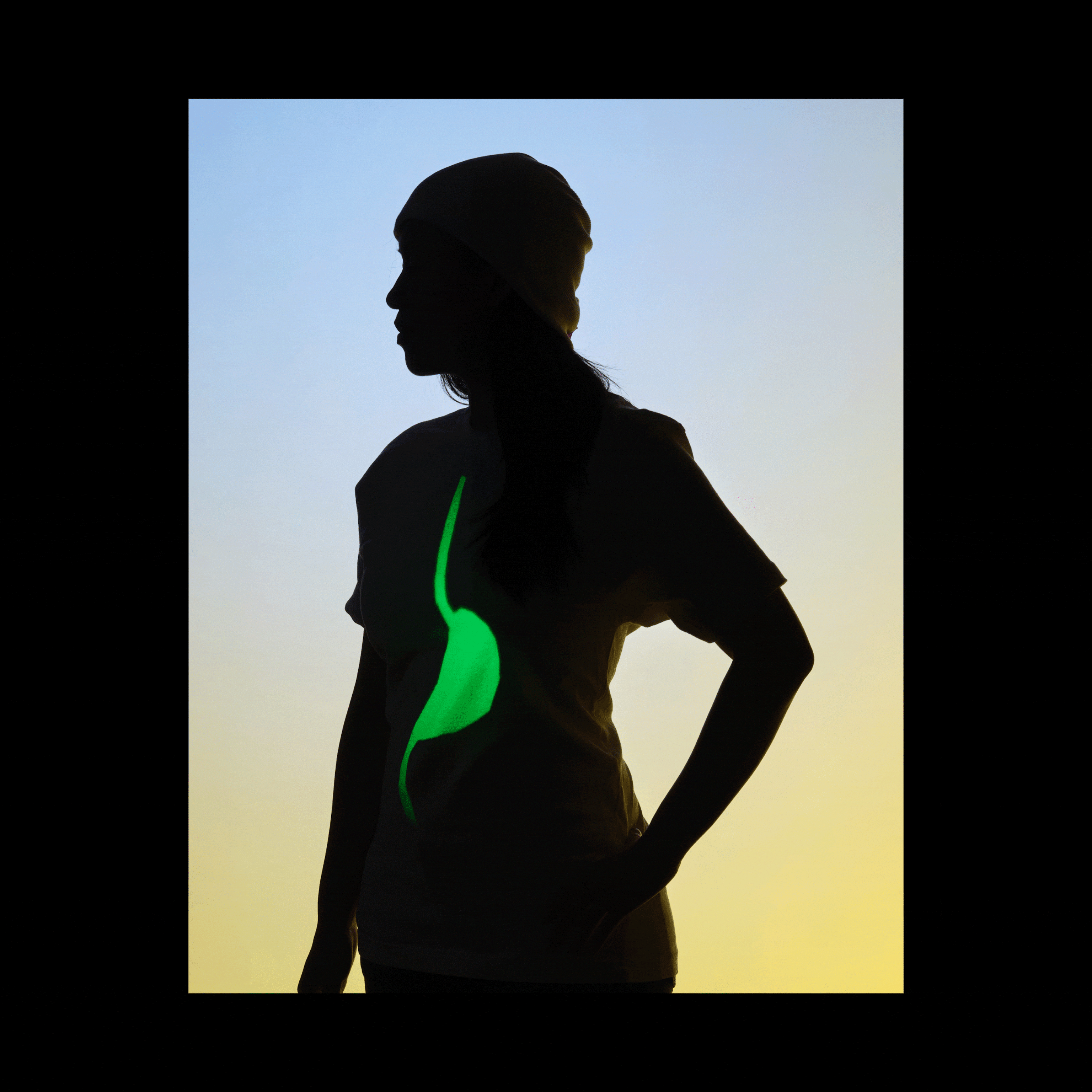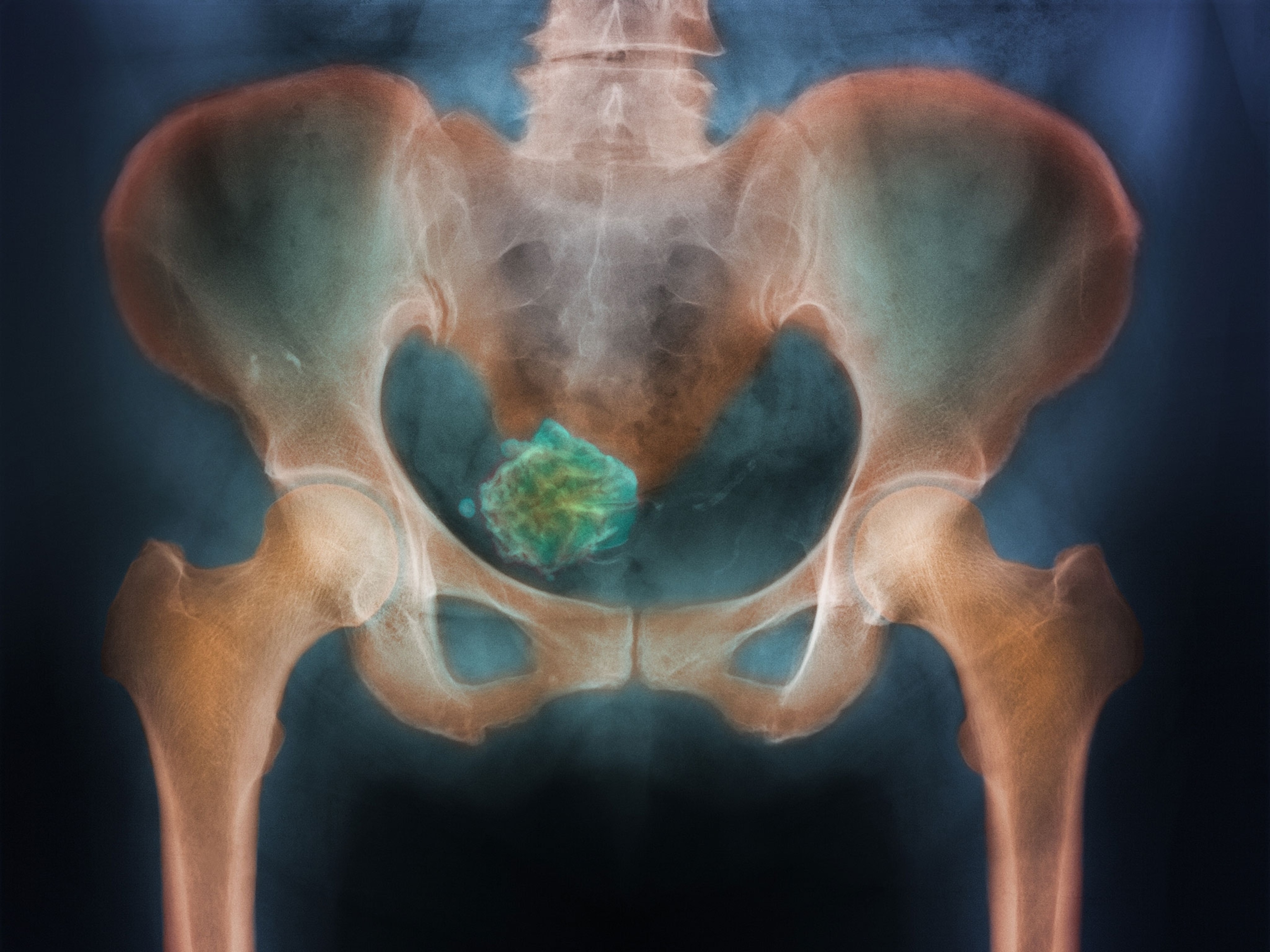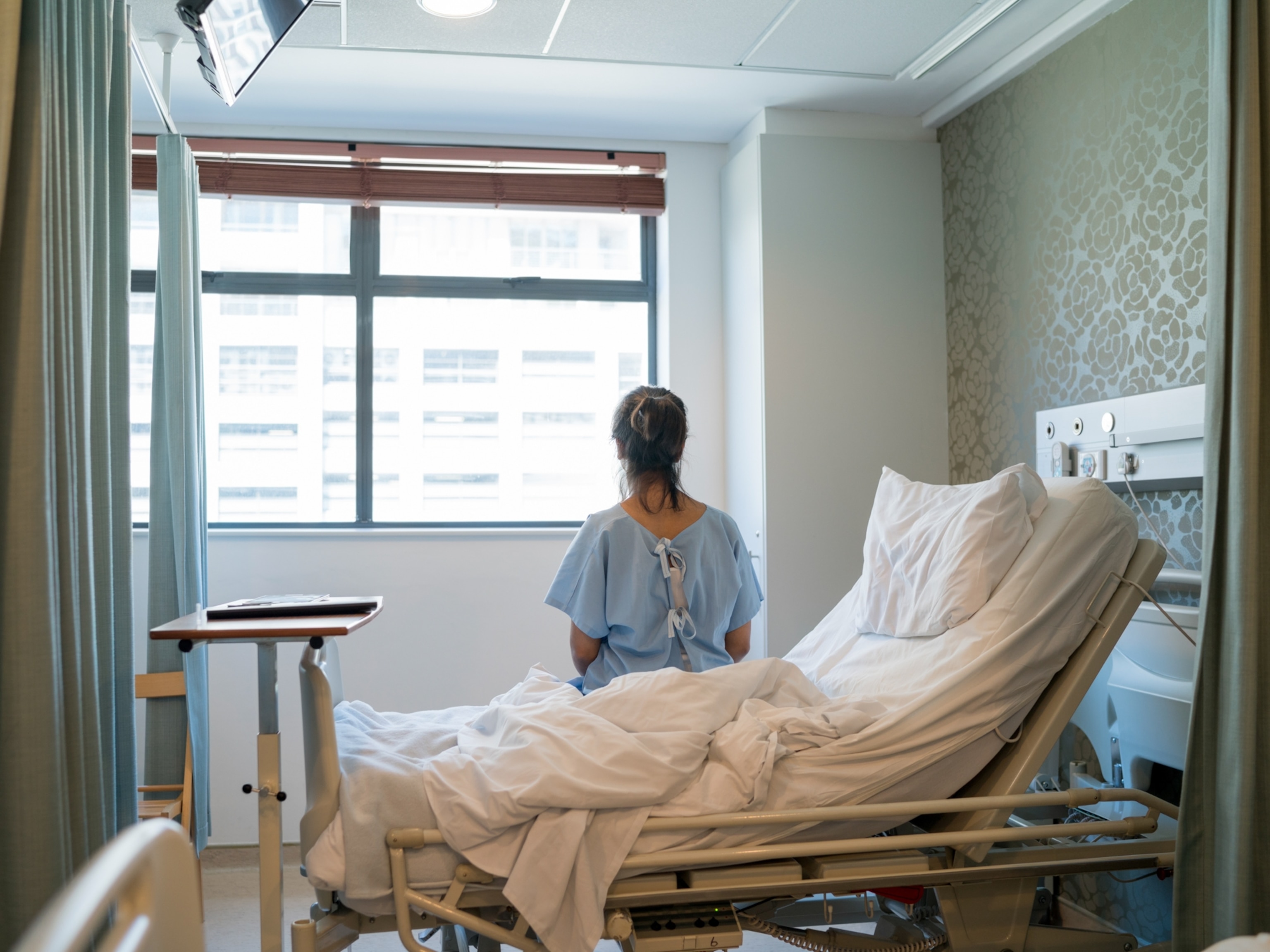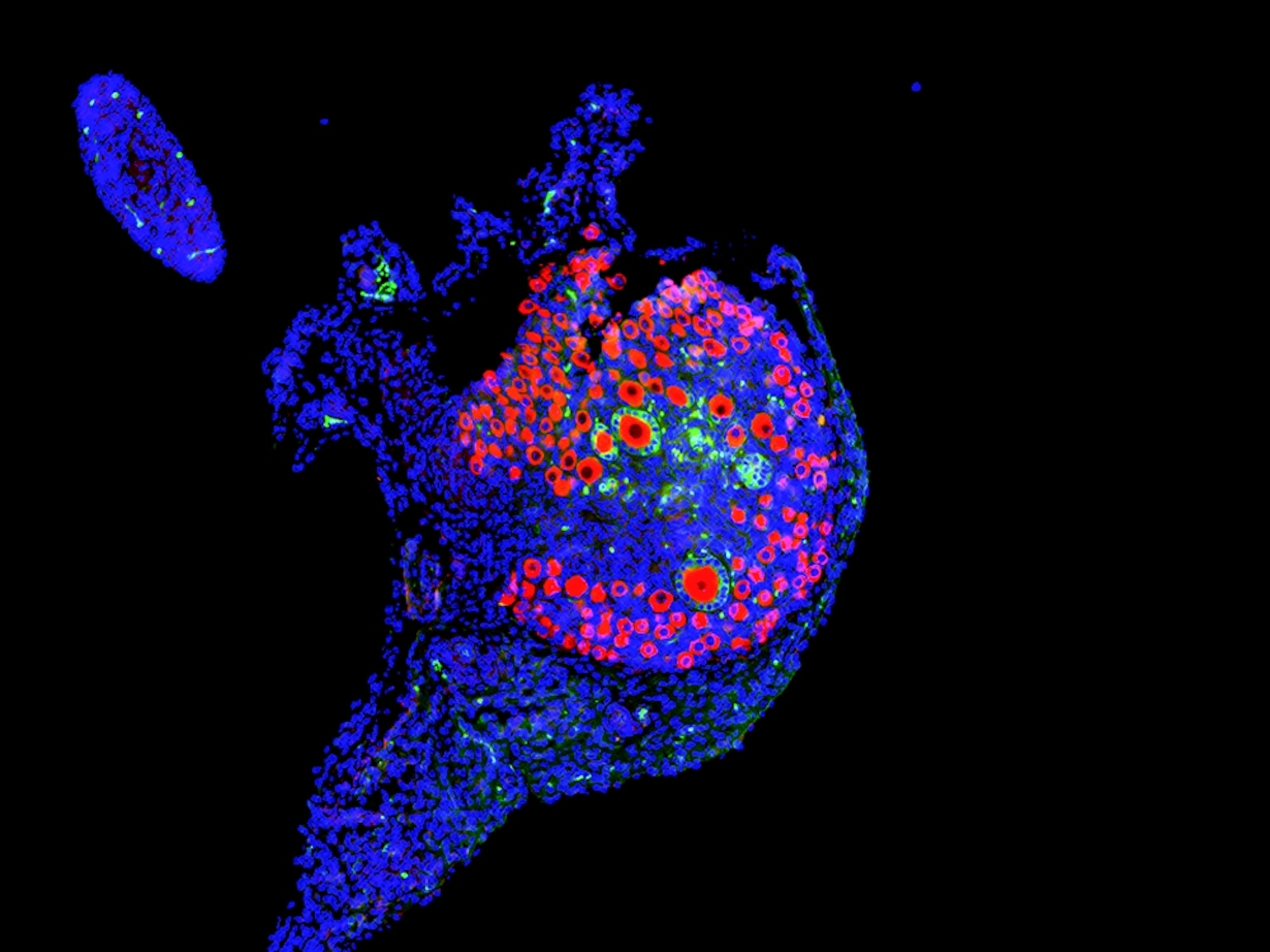This is the biggest health challenge women face in their 50s
Other cancer screenings and vaccinations become important, but this decade is dominated by menopause and falling levels of the hormone estrogen.

Perhaps no other decade in a woman’s adult life brings as many dramatic changes in health as her 50s.
The average age of menopause in the U.S. is 51, and both menopause and the years leading up to it involve changes in nearly every system within a woman’s body. But many women are surprised by the changes that will occur and how to manage them.
“The majority of women don’t know what to expect before it happens,” Asima Ahmad, a reproductive endocrinology and fertility specialist and chief medical officer at Carrot Fertility, says. “Then, even when symptoms start happening, they don’t really have a high level of understanding about the differences between perimenopause and menopause.”
Menopause is when a woman hasn’t had a period for at least one year. Perimenopause is the stretch leading up to menopause, when women begin experiencing symptoms associated with the body’s estrogen production gradually ramping down.
“Everyone’s journey is going to be a little different,” Ahmad says. The median number of years that someone is affected is 7.4, but it extends to between 14 to 20 years for some women. Importantly, it’s also a key period of changes to women’s heart and metabolic health.
“Menopause is an inevitable part of life, and I really see it as another window into future cardiovascular health,” Kathryn Lindley, a cardiologist at Vanderbilt University Medical Center, says. Women may seek care for perimenopausal and menopausal symptoms, “but it’s also when their cardiovascular risk factors really start to increase,” Lindley says. “We start to see blood pressure go up, weight go up, blood sugar go up, cholesterol go up, and there’s really an acceleration in risk for things like heart attacks, heart failure, and stroke.”
Most people know the basics of living healthy: eat and sleep well, exercise, schedule an annual check up, and get the recommended vaccinations. But keeping up with self-care plus getting screenings for cancer and other diseases can be daunting. “Health” also varies for women at different stages of their lives. So, we’re bringing you a women’s health series that covers the most important health issues for women in each decade. Here is the second of those, reviewing where women in their 50s should be putting their focus to live their best, healthiest life.
Heart attacks can feel different in women than men, so it’s important to familiarize yourself with women’s heart attack symptoms. Stroke is an even bigger risk in women than heart attack, so know those signs as well.
Fortunately, plenty of treatments exist for most symptoms of menopause and for lowering risk factors of cardiovascular disease.
“It’s not like one thing is going to work for everyone across the board,” Ahmad says. “Sometimes it takes a little bit of trial and error. What’s really important along the lines of treatment options is finding the right provider.”
Many women may be fortunate to already feel comfortable discussing perimenopausal symptoms with their primary care provider. But Ahmad’s company, Carrot Fertility, discovered last year that one in three women surveyed said they had never even discussed menopause with their doctor. It’s worth starting those discussions early so you can determine if your doctor will meet your needs.
“If you have a provider that doesn’t feel comfortable managing menopause, or you’re looking for a more personal experience, then you can start looking for someone sooner,” Ahmad says.
For all the changes women in their 50s find themselves facing, it’s helpful to know it’s not forever.
“I try to impart on patients that, for most women, [perimenopause] is a finite period of time,” Angela Wilson, and OBGYN at Montefiore Einstein Advanced Care says. “At some point, you get to the other side and things start to level out a little bit.”
Managing menopause and sexual health
The first things that come to many women’s minds when they hear “menopause” are “hot flashes.” But perimenopause and menopause can involve a much broader range of symptoms than women may realize.
“There’s changing energy levels and fatigue, there’s brain fog and difficulty concentrating, there’s trouble falling asleep and staying asleep, there’s depression, there’s changes to the body’s fat distribution, there’s hair loss, skin changes and bone mineral density changes,” Ahmad says.
Mood symptoms can result from the other symptoms or occur independently.
(What happens during menopause? Science is finally piecing it together.)
“There are a lot of emotional symptoms that can go along with menopause, such as increased irritability and increased risk of depression and anxiety,” Wilson says. In addition, the body’s loss of estrogen can also lead to vaginal dryness, which has implications for intercourse. Somewhere between 17 and 45 percent of women report pain with intercourse during this time, though underreporting means the proportion may be even higher. The vaginal dryness happens to everyone, Wilson says, “but a lot of times women are surprised when they start experiencing it.”
Not all women will experience all these symptoms, but they are common for millions of women.
(Could menopause be delayed? The answer could lead to longer lifespans for women)
As many changes occur because of the body’s loss of estrogen, hormone therapy can be an important treatment option. Unfortunately, misinterpretation of an influential study in 2002 led to years of confusion and misinformation and unfounded fears about hormone therapy. It’s true that hormone therapy is not right for all women and that it involves risks as well as benefits, like any treatment, but for the vast majority of women, the pros outweigh the cons throughout their 50s.
But hormone therapy is not a cure-all either.
“For many people, it will be a combination of hormone therapy plus other treatments,” Ahmad says. Those could include vaginal lubricants, alternative therapies for hot flashes like selective serotonin reuptake inhibitors (SSRIs), or lifestyle modifications, such as wearing cooler clothing and limiting food that exacerbates your symptoms.
Cognitive symptoms may particularly worry women at first, especially if they have a family history of dementia. So how do you know if your difficulty concentrating or remembering things is menopause or the first signs of early dementia?
“If it’s affecting their daily life, their work, family life or the ability to perform day-to-day activities, there may be a problem that needs to be addressed,” Jorge Ruiz, a geriatrician at Memorial Healthcare System in Hollywood, Florida, says. “If it’s annoying, but you can still do everything you person need to do,” then there’s no reason to worry.
Finally, postmenopausal women start to lose bone and muscle mass while gaining fat, Lindley says. “So it’s important to continue to do weight-bearing exercises, both to maintain your muscle tone as well as maintain your bone mass.” But be conscientious about risk of injury too, she adds. Lindley recommends patients use lighter weights with more repetitions to reduce risk of injury, and some women may need to opt for biking or swimming instead of running for cardiovascular health.
Ahmad recommends getting a baseline bone mineral density screening early in perimenopause so that it’s possible to see what changes begin happening over time. Women can also protect their bone health with strength training and ensuring they are getting enough vitamin D and calcium.
Cardiovascular, metabolic, and brain health
Wilson says her priority in talking with women in their 50s is looking at their cardiovascular health and screenings for diabetes, high blood pressure, and high cholesterol.
“I really try to counsel patients to take a good look at their lifestyle at that point,” Lindley says. “If you weren’t an exerciser before, you’ve really got to exercise. If you didn’t eat well before, now you’ve really got to change your diet.” She typically recommends a Mediterranean diet that’s high in fruits and vegetables, whole grains and lean meats, such as fish and poultry, and low in fats, sugars and processed foods.
Though many women may be aware that weight gain can accompany menopause, Wilson emphasizes that it’s an overall change in metabolism that’s occurring in their bodies.
That’s why exercise and good nutrition become even more important.
“We know that healthy diet and exercise have to be the mainstay of heart health, so even if the scale doesn’t budge, those habits still help maintain our cholesterol, blood sugar and blood pressure and make people live longer,” Lindley says.
Cardiovascular health is also inextricably linked to brain health, so maintaining a healthy blood pressure also protects the brain long-term, Lindley says.
Lifestyle modifications that help keep blood pressure low include avoiding excess salt in your diet, exercising regularly, losing excess fat, and treating sleep apnea if you have a diagnosis.
“If those lifestyle modifications don’t get the blood pressure where it needs to be, it’s really important that we treat it with medicine because untreated high blood pressure, even if you feel fine, has pretty serious cumulative effects on your heart, brain, and kidneys,” Lindley says.
Cancer screenings
Cancer screenings from previous decades continue, with one or two more, depending on risk factors:
1) Cervical cancer screenings continue with Pap smears every three years, high-risk human papillomavirus (hrHPV) testing every five years, or both every five years.
2) Colorectal cancer screenings continue with a colonoscopy every 10 years or one of the various non-invasive but non-preventative screenings that can detect early colon cancer.
3) Breast cancer screenings with mammography (or possibly MRI in certain populations) continue every two years.
4) Lung cancer screenings begin at age 50 for those who currently smoke or quit within the past 15 years and have at least a 20-pack-year smoking history (such as a pack a day for 20 years or two packs a day for 10 years).
5) The U.S. Preventive Services Task Force has not found sufficient evidence to routinely recommend skin cancer screenings. Still, April Armstrong, a dermatologist at the University of California Los Angeles, advises that people at higher risk—those with fair skin, a family history of skin cancer, or more lifetime sun exposure—undergo an exam every year or two because the 50s are when precancerous and cancerous skin lesions can begin appearing, particularly for patients with lighter skin types.
(Melanoma is overdiagnosed at ‘alarming’ rates. Here’s what to know.)
General wellness and vaccinations
Unfortunately, menopause can interfere with a lot of basic wellness needs, like good sleep and stress management. Menopause-related weight gain, for example, can sometimes lead women to develop obstructive sleep apnea. If you aren’t feeling refreshed after a full night’s sleep, or you snore or wake up with headaches, consider getting evaluated for sleep apnea.
Other habits remain for maintaining overall wellness:
1) Ask your eye doctor how often you need an exam if you don’t have symptoms or wear corrective lenses.
2) Continue dental cleanings and screenings twice a year.
3) In addition to getting the seasonal flu and COVID vaccines each year, adults 50 and older should get the shingles vaccine to reduce risk of the disease, which one in every three people will develop in their lifetime.
The hormonal changes of menopause can also lead to dryness and loss of elasticity in women’s skin and a deepening of wrinkles, Armstrong says. If you haven’t already started using a retinol or retinoid in your evening skincare routine, this is the time to start to undo some of the sun damage to the skin.
Read
• This is the biggest health challenge women face in their 30s
• This is the biggest health challenge women face in their 40s
• This is the biggest health challenge women face in their 50s
• This is the biggest health challenge women face in their 60s







